Speaking completely objectively, it is necessary to admit that both the world of iOS and the world of Android have some pros and cons at the same time. However, in the long run, Apple crushes Android devices with the performance of its iPhones, even when comparing current generations. Why is that so?
Apple's current flagship is of course the A16 Bionic chip in the iPhone 14 Pro and 14 Pro Max. In the case of Android, it is the Qualcomm Snapdragon 8 Gen 2, which is still in very few devices (this also applies to the MediaTek 9000), when the Geekbench benchmark counts only the OnePlus 11. The new Samsung Galaxy S23 also has a special version of it, but it has yet to enter the rankings they did not penetrate.
Cache
Compared to Android, iPhone chips have more cache. It is basically a small, high-speed chip or processor memory that ensures fast data transfers.
Faster RAM and ROM
iPhone has faster RAM and ROM than Android phones. The iPhone's RAM and ROM have high data read and write speeds, allowing apps to load faster and reboot faster.
Application
iOS apps are designed to run smoothly even with low RAM because they are optimized for that. There is also a very limited amount of iPhones that are really small in number of Android devices, as a result of which apps can be customized and developed according to the specification of the model, not across the board. This is simply not possible to apply in the Android world, as there are well over 500 phone models.
Own chip, own system
Apple uses its own operating system and chipset, which it also develops (although does not manufacture). Both can be integrated so that the chip gets maximum performance from the device. Once you know what kind of hardware you have and what kind of software you will use, you can optimize and make your device more efficient.
Google, for example, is now trying a similar strategy with its Tensor chips, but it only has its second generation, and therefore still has a long way to go, because Apple is a decade further in this regard. Since Google is also developing Android, it can be practically the only smartphone manufacturer that can realistically compete with Apple's A chips.
Metal API
Thanks to Apple's introduction of metal API technology, which is well optimized for A-series processors, games and graphics run faster and simply look better. Of course, this isn't available on Android, despite Google's best efforts.
It could be interest you
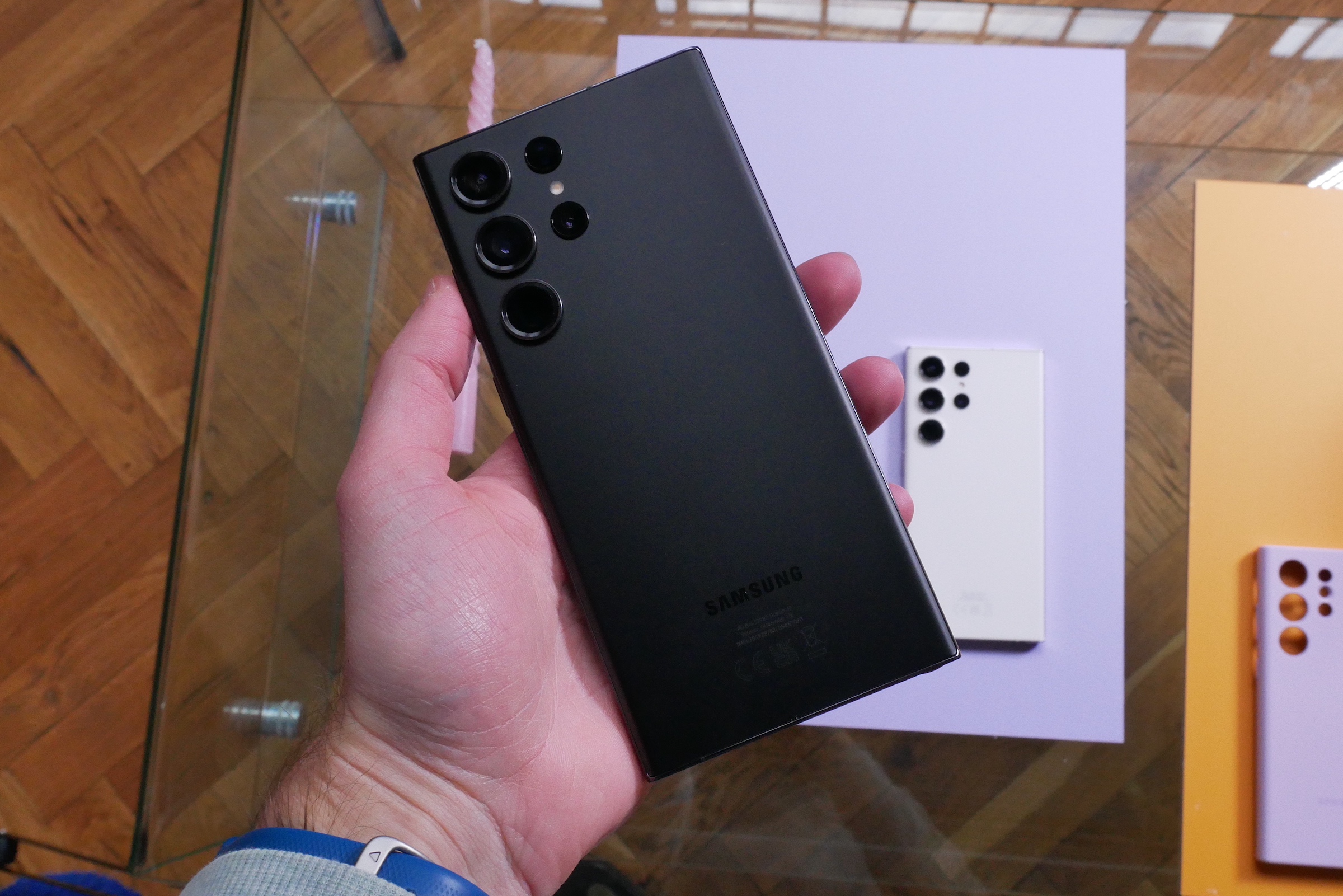
It should be remembered that comparing the world of iPhones with the world of Android in terms of performance and benchmark tests is still like comparing apples with pears. Both systems have different rules, and in the end it may not mean that Android phones equipped with the best chip lose as much to Apple's iPhones as the numbers in the gallery at the beginning of the article may indicate.
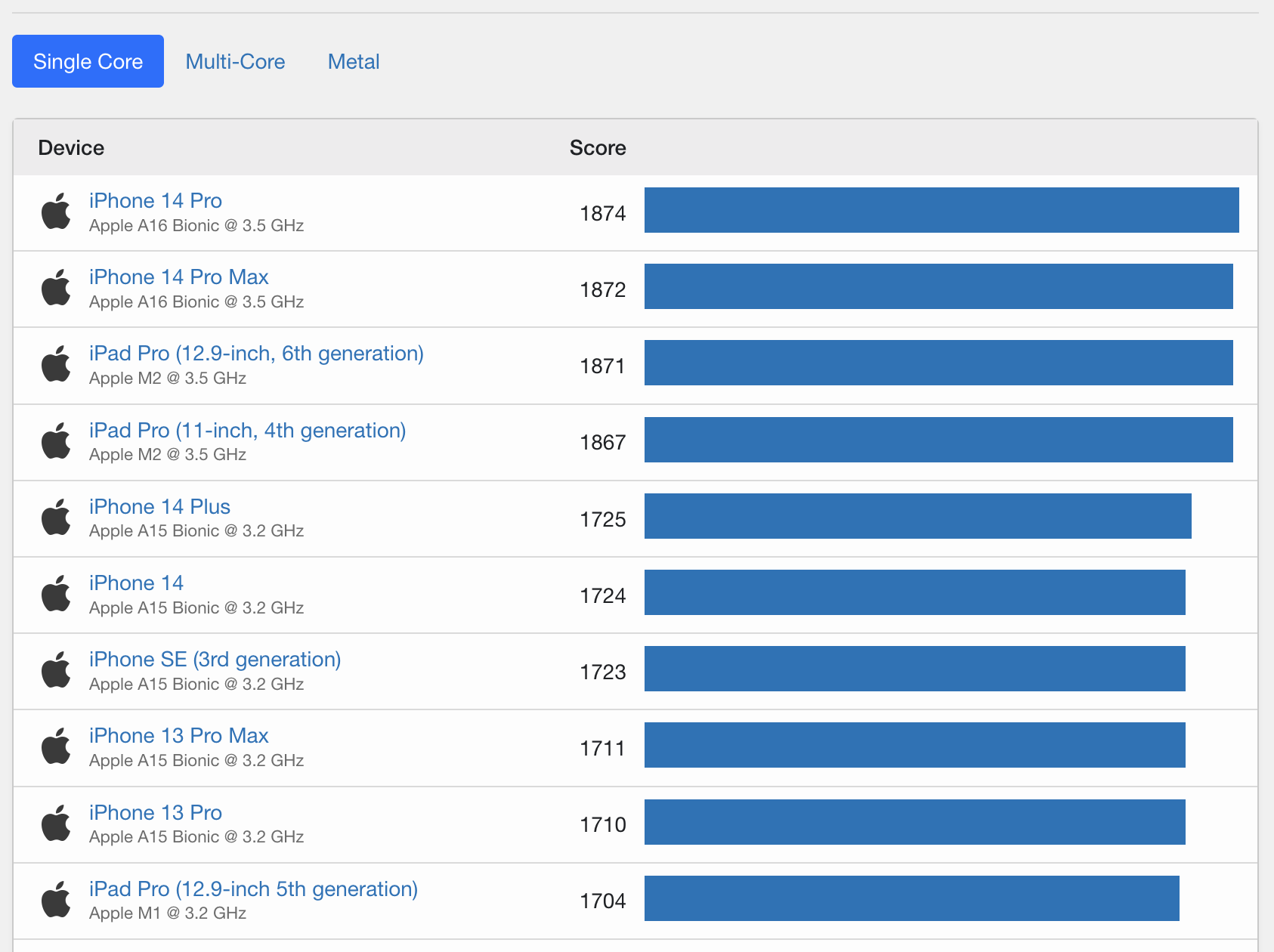
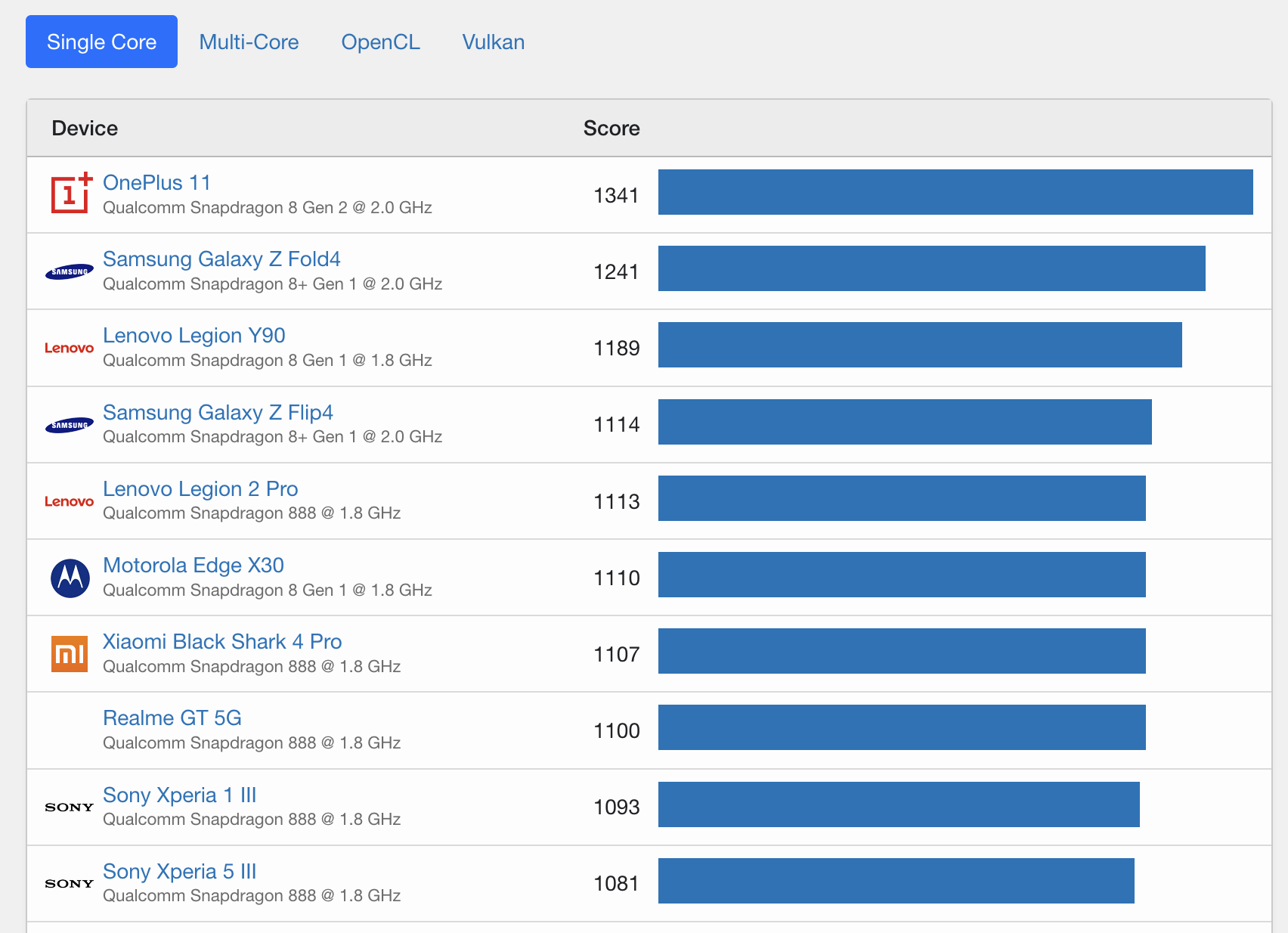
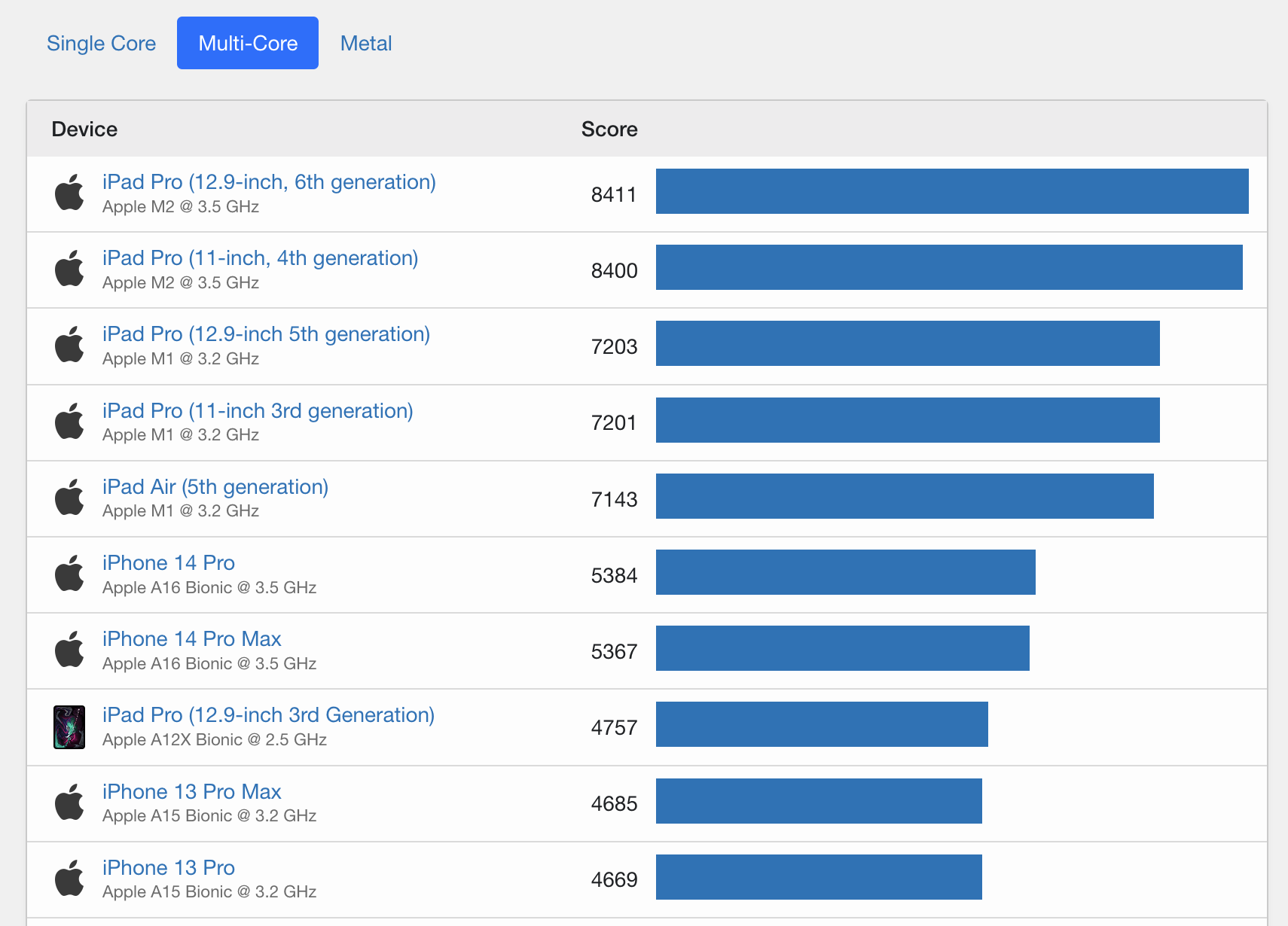
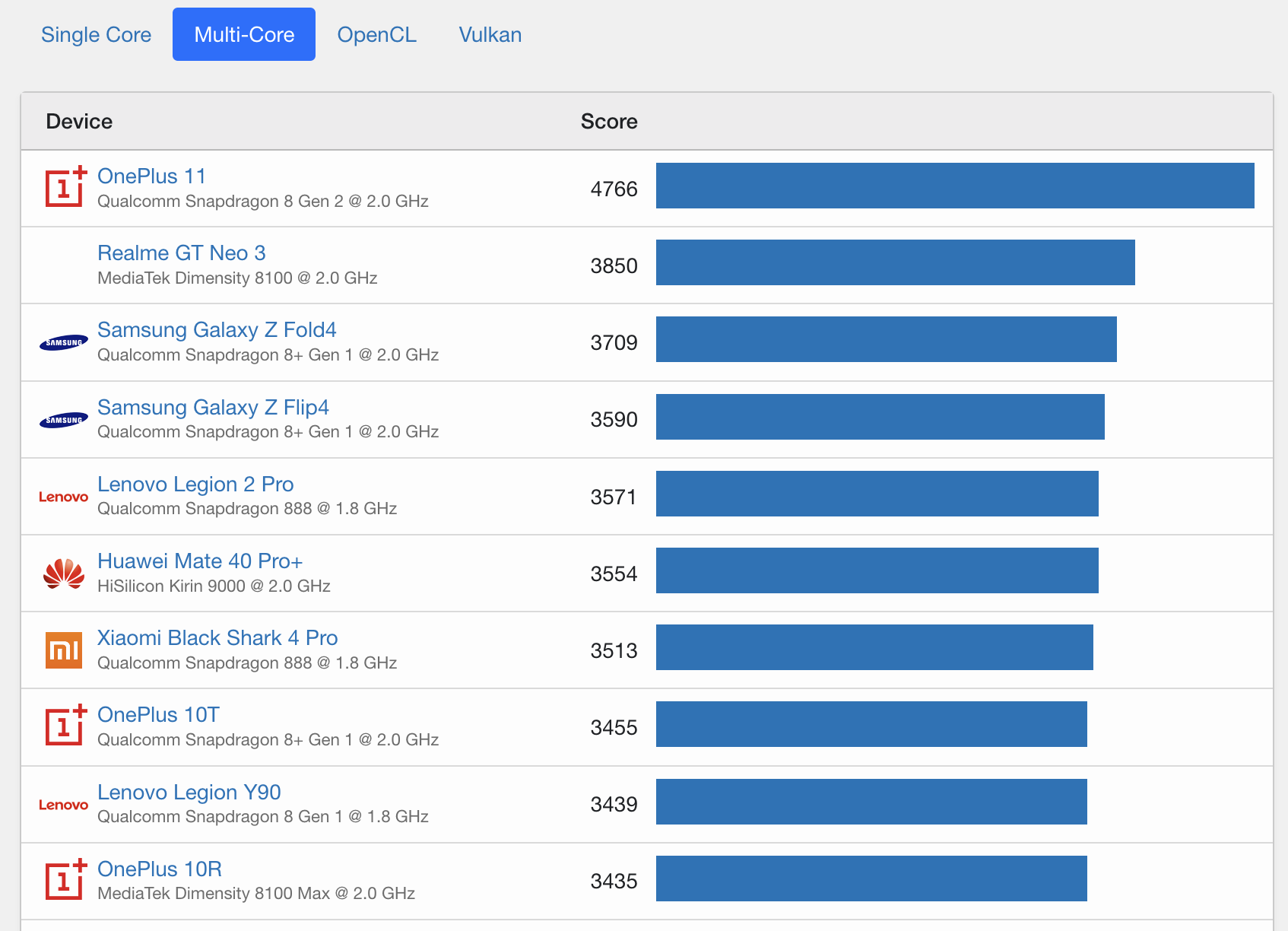
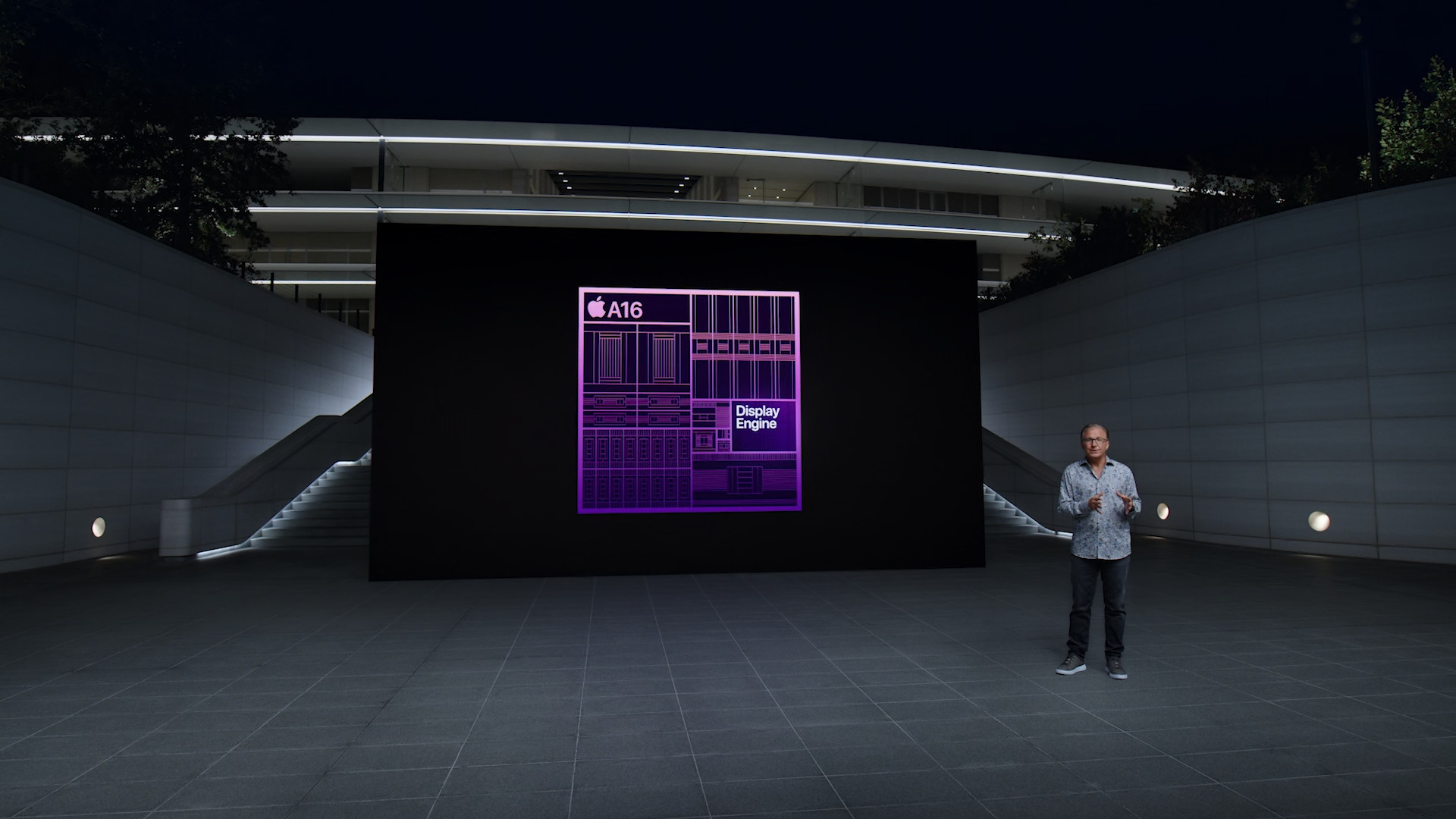
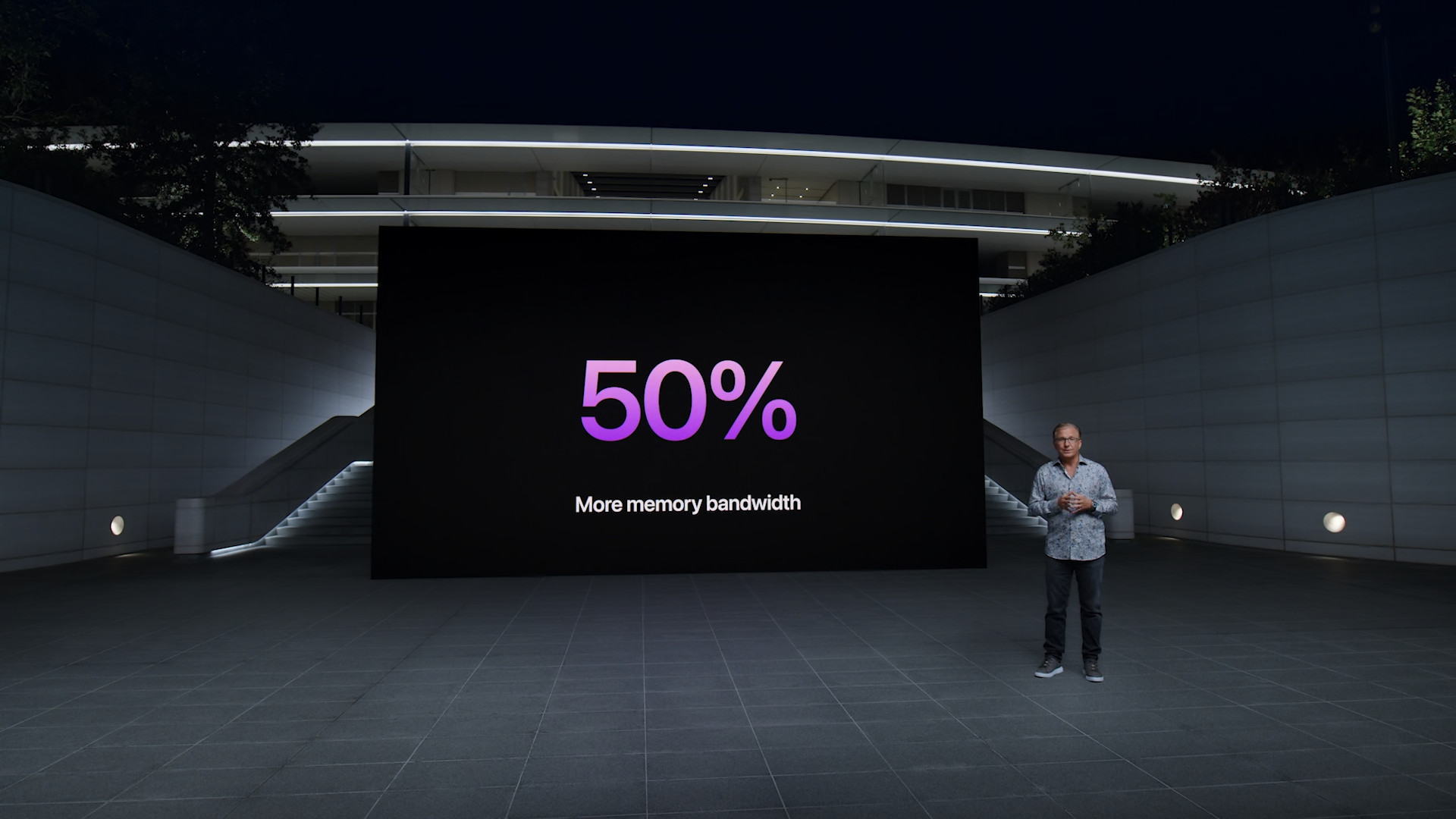
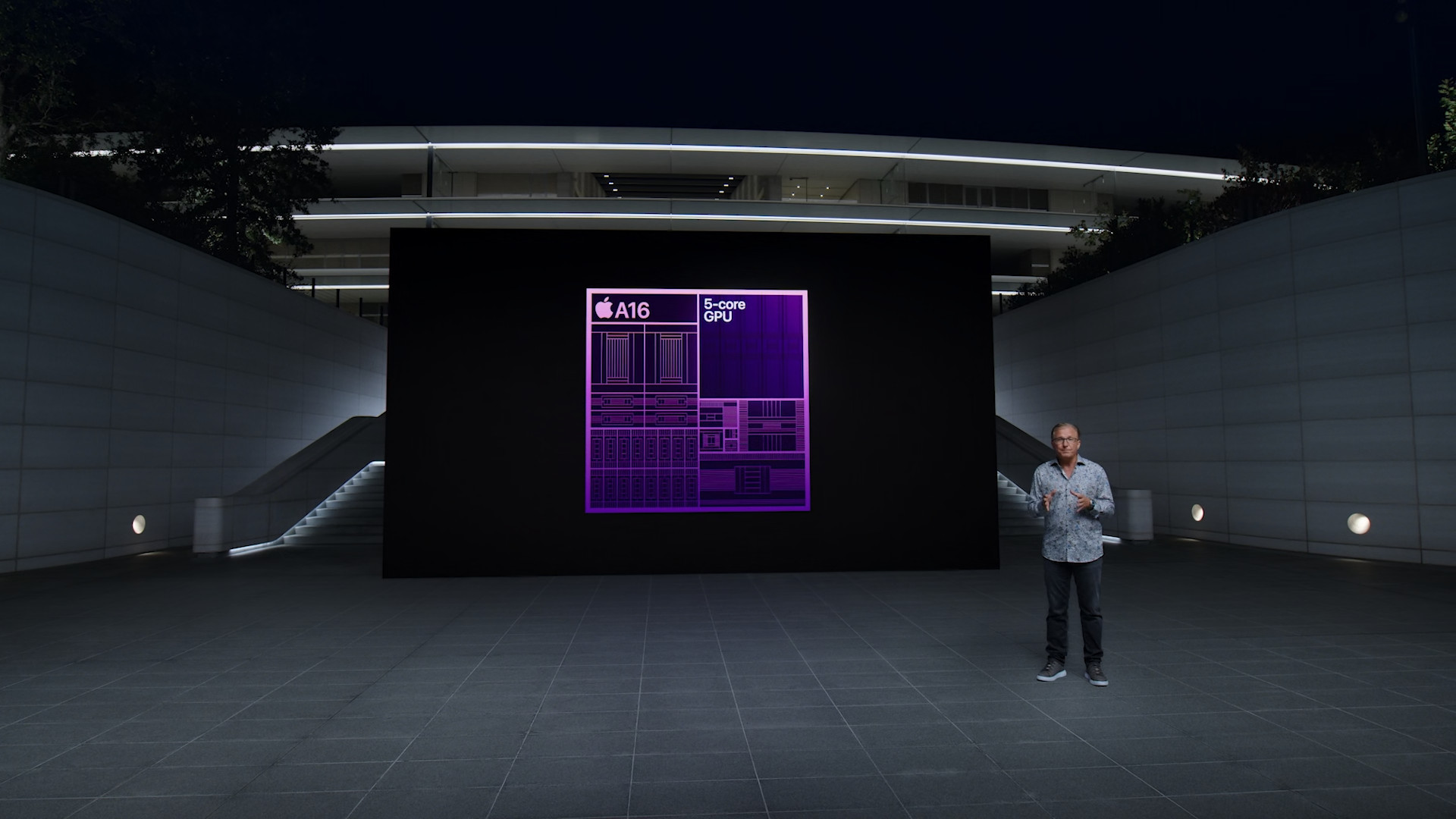

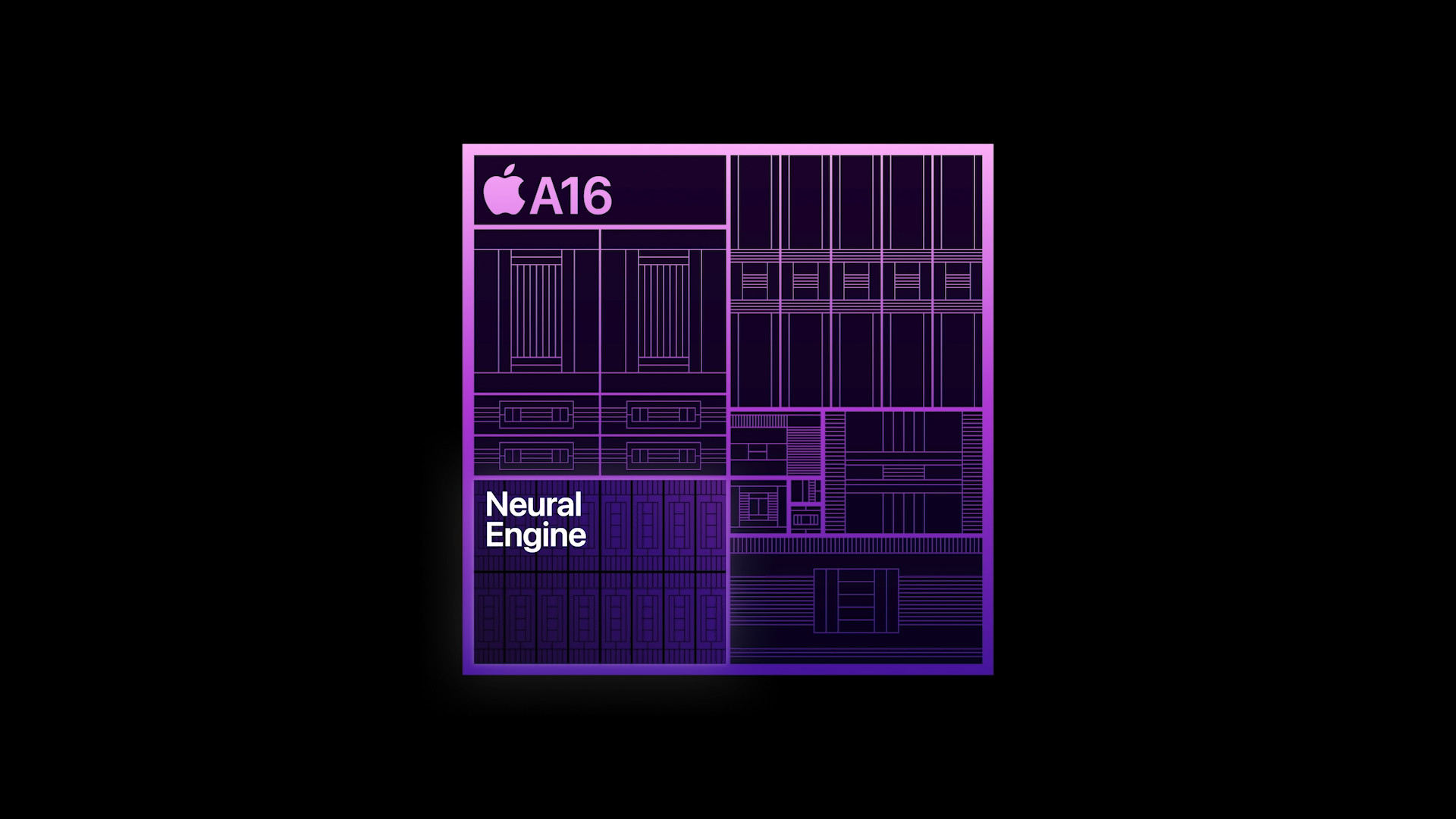


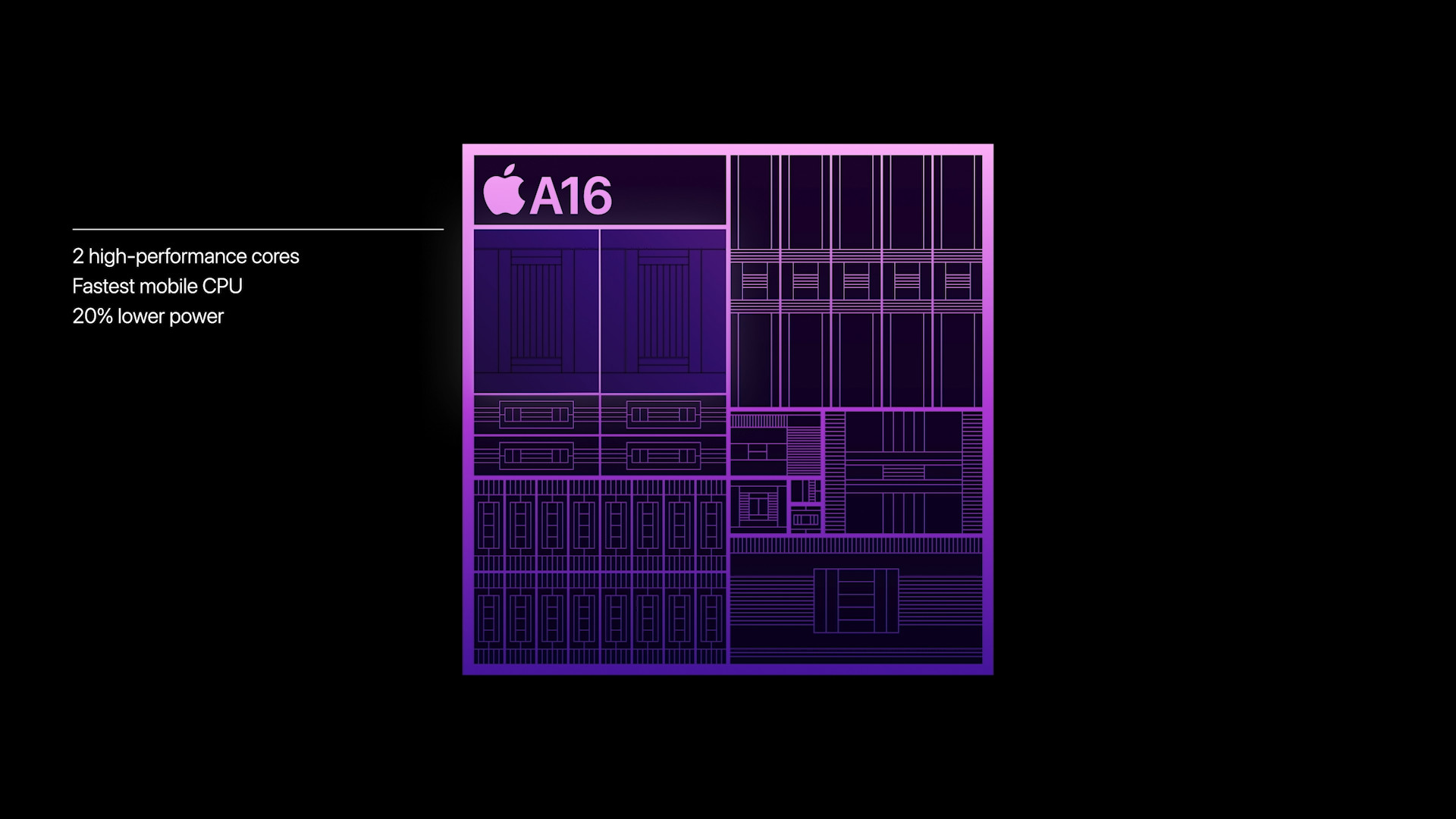
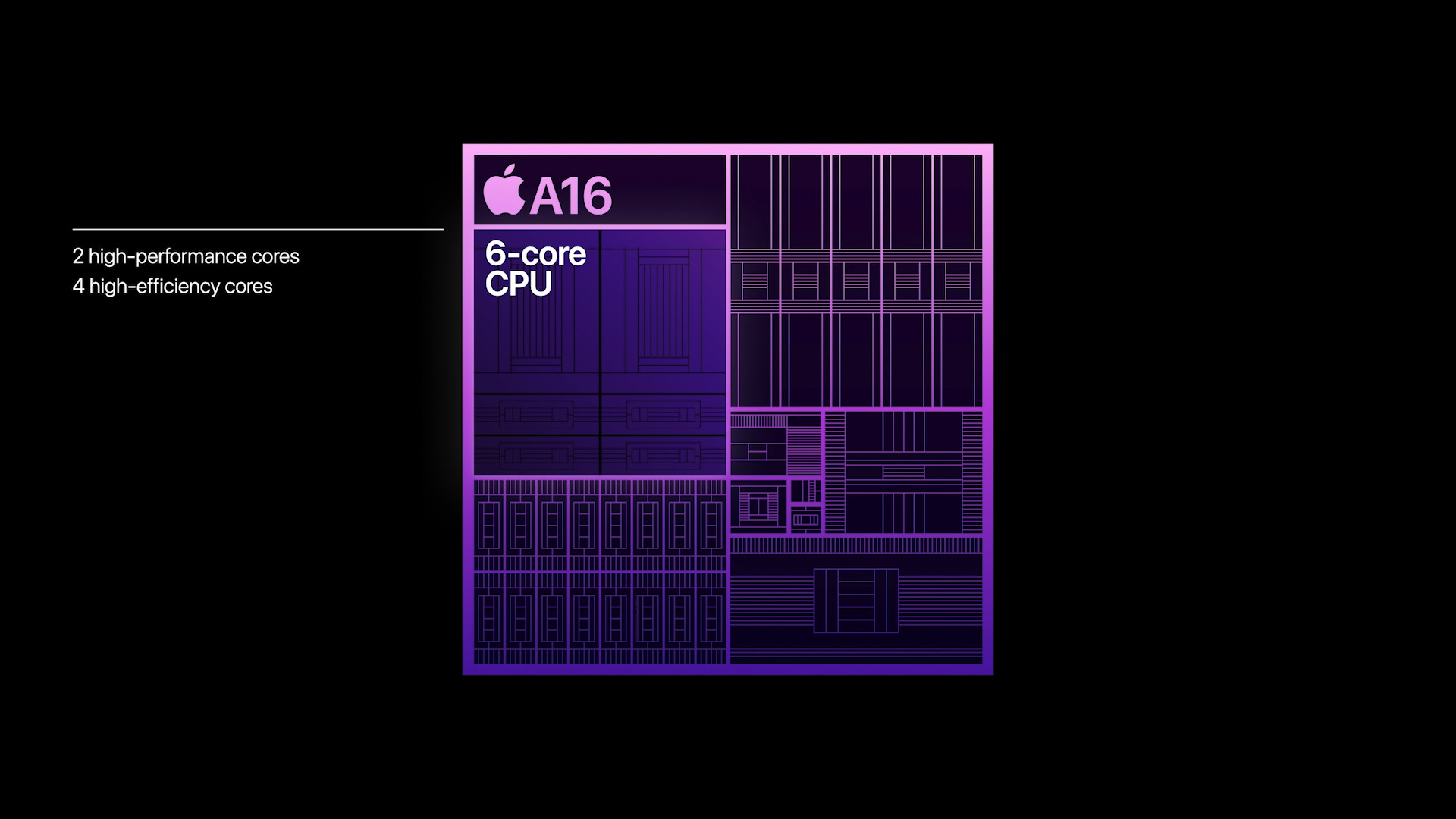
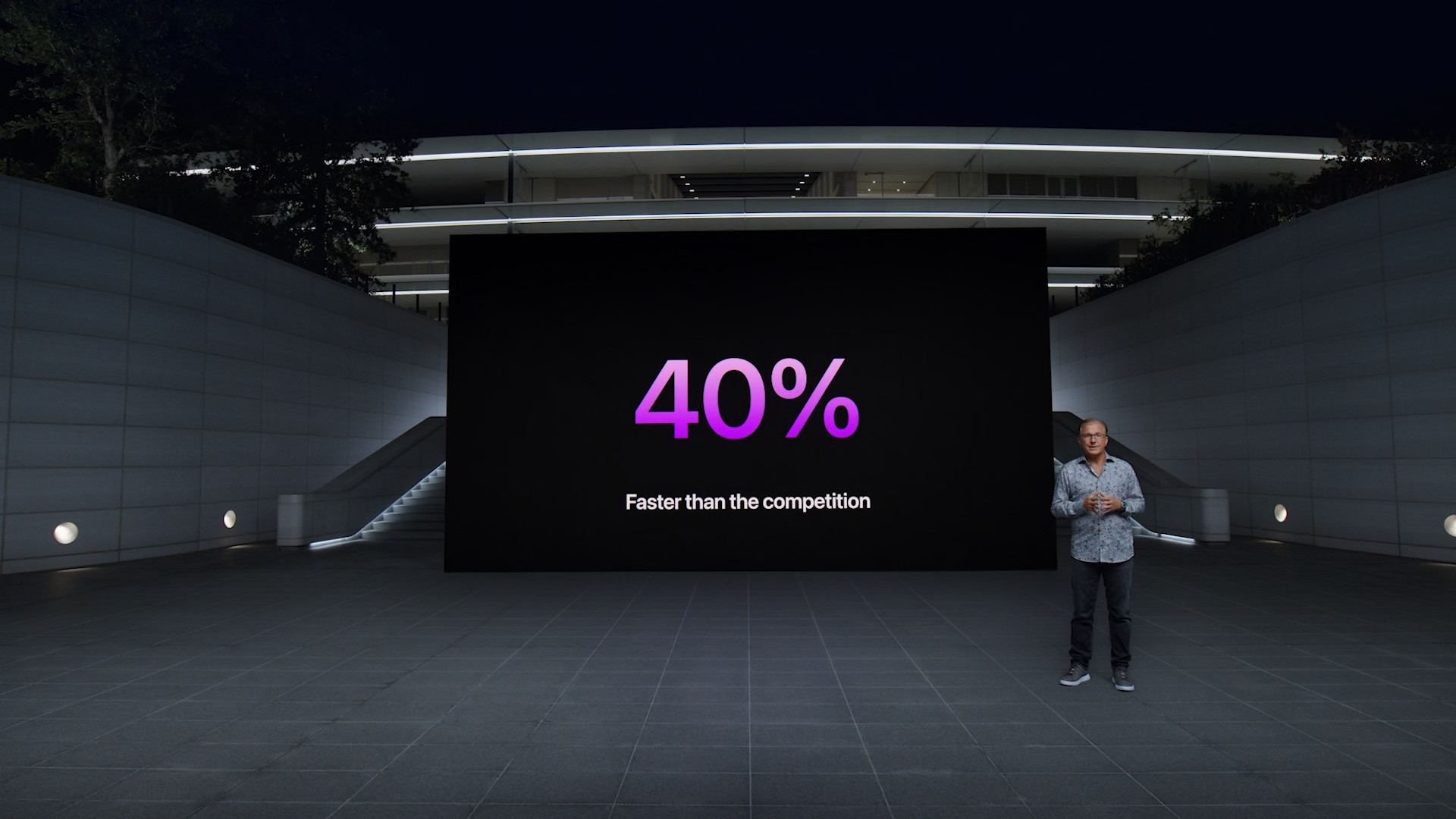
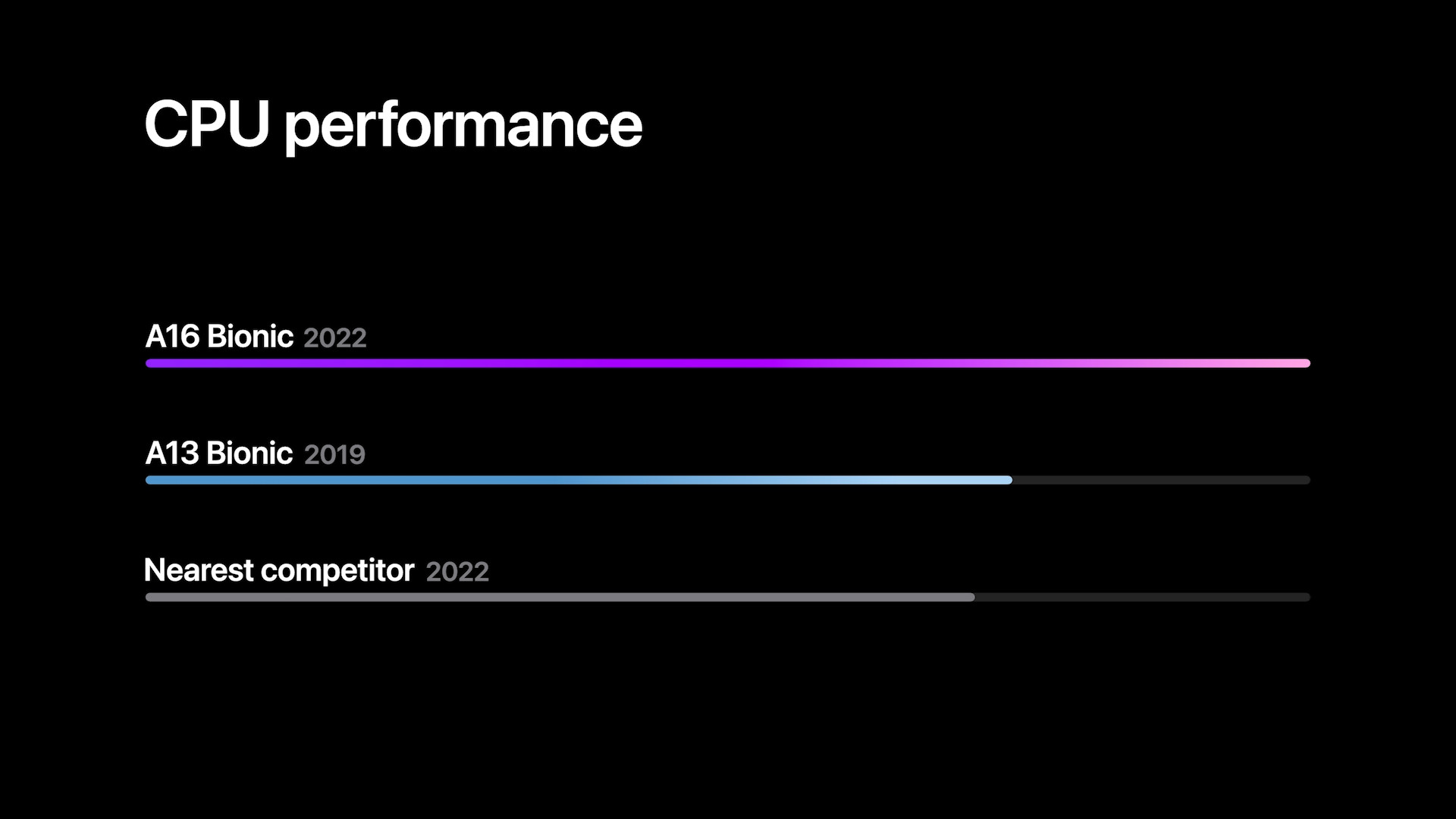
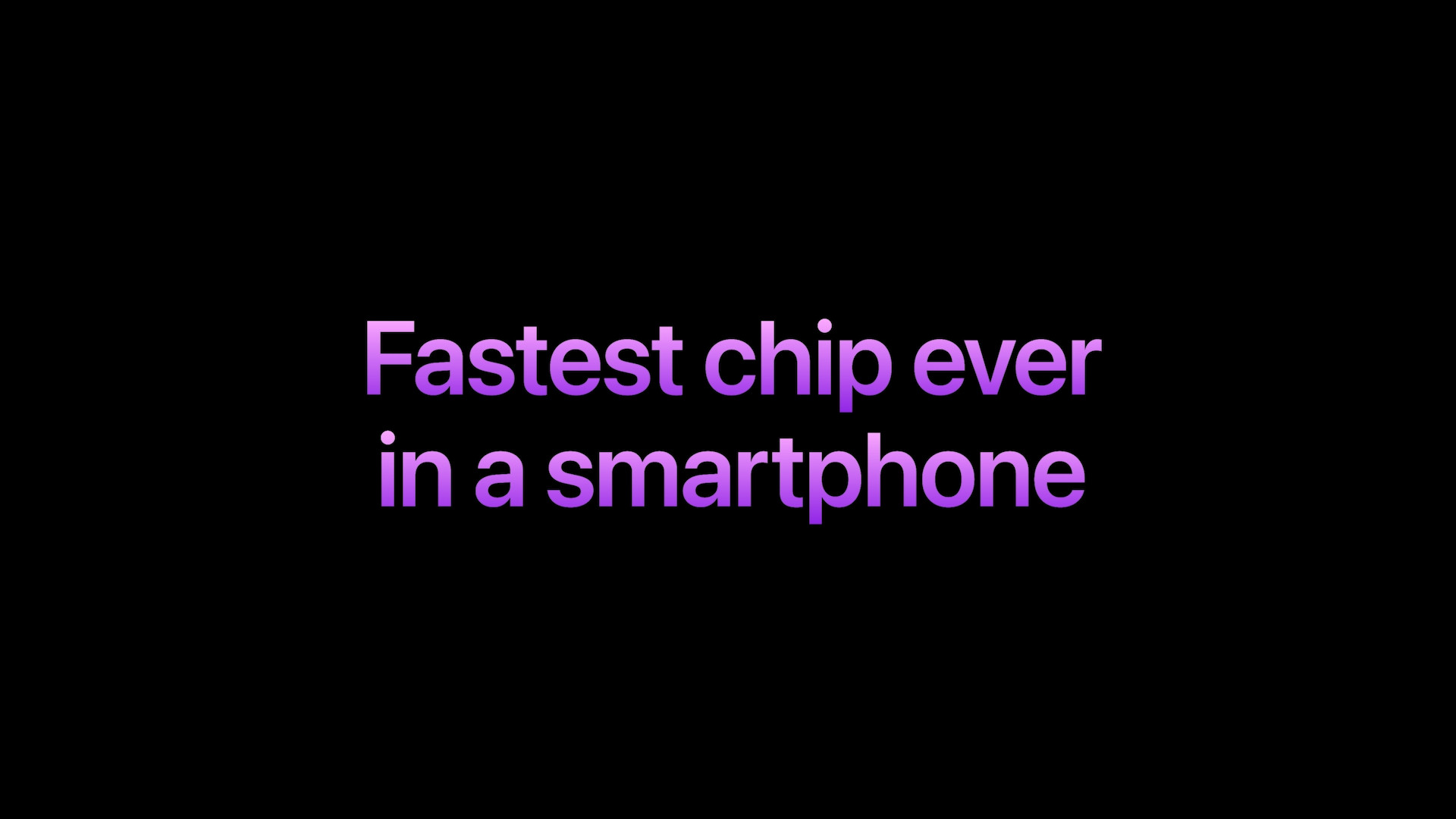

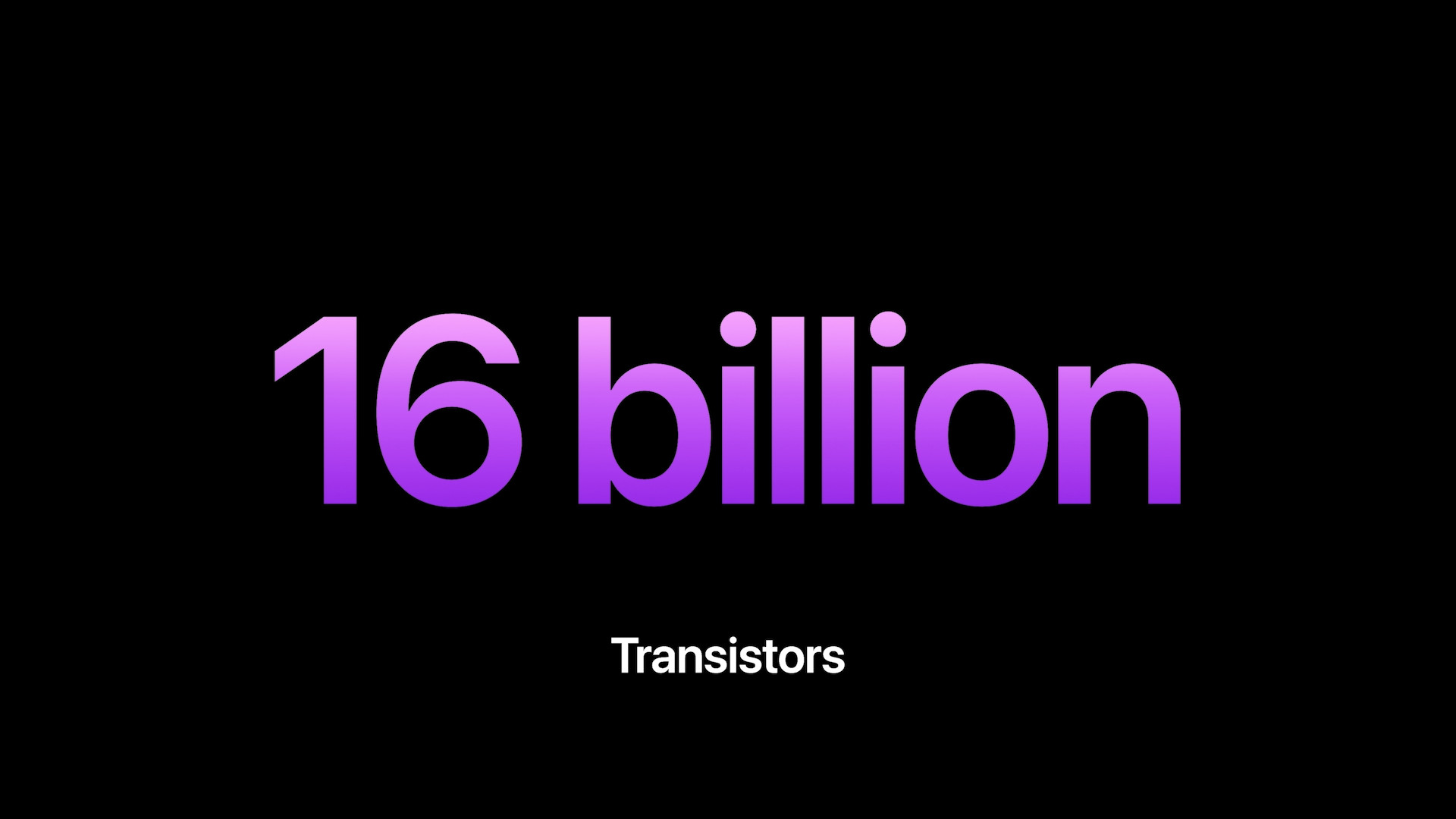
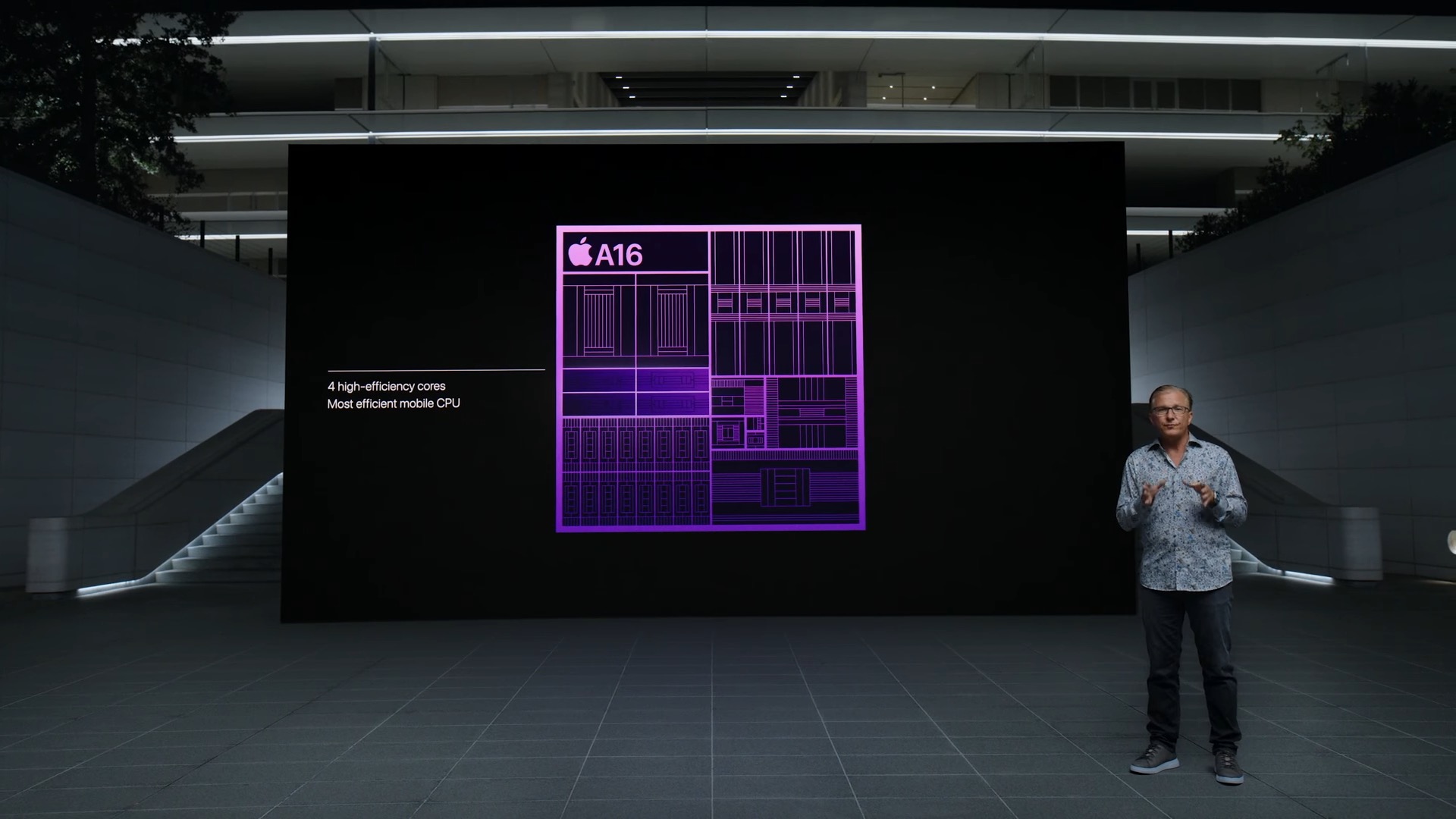
 Adam Kos
Adam Kos